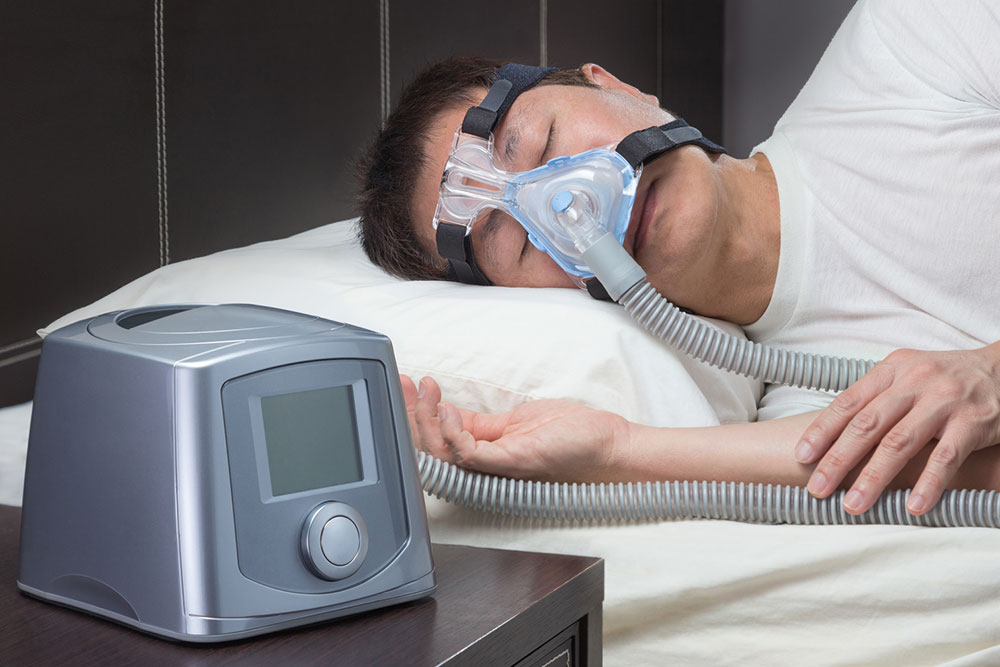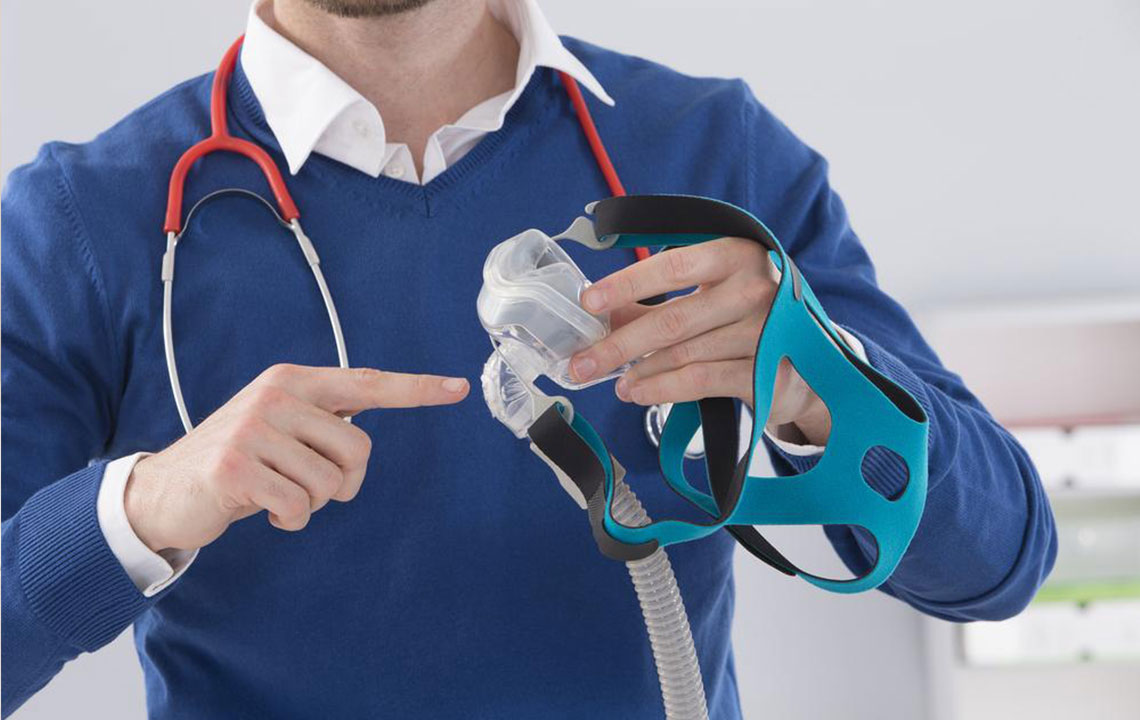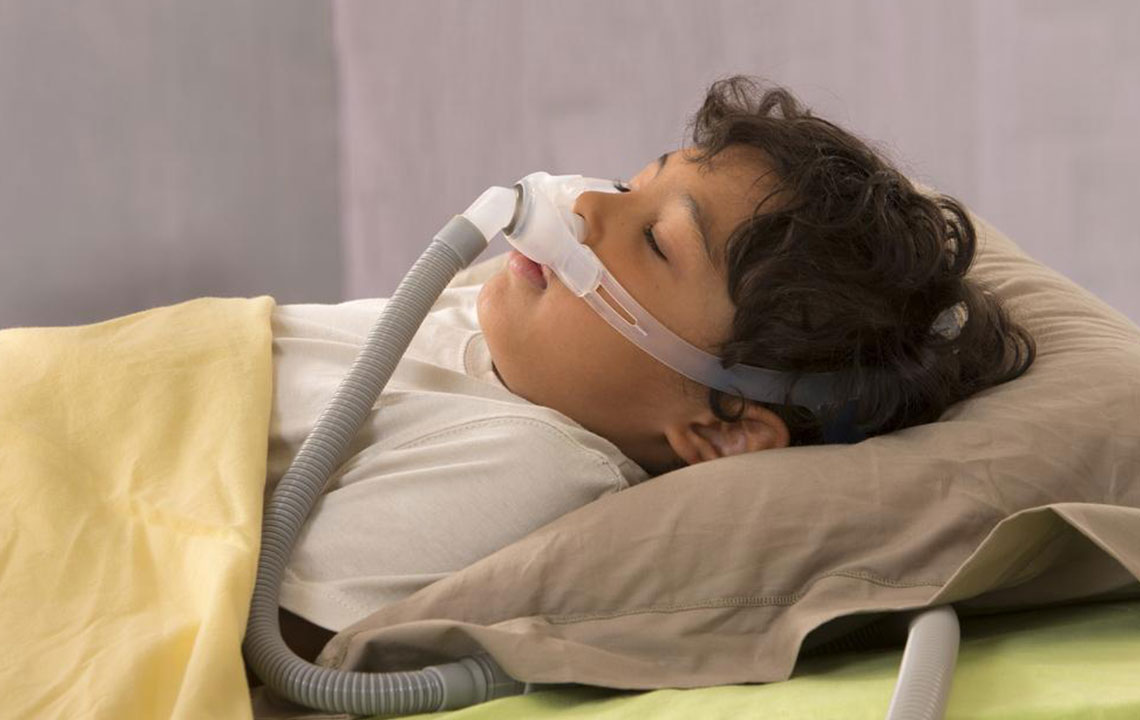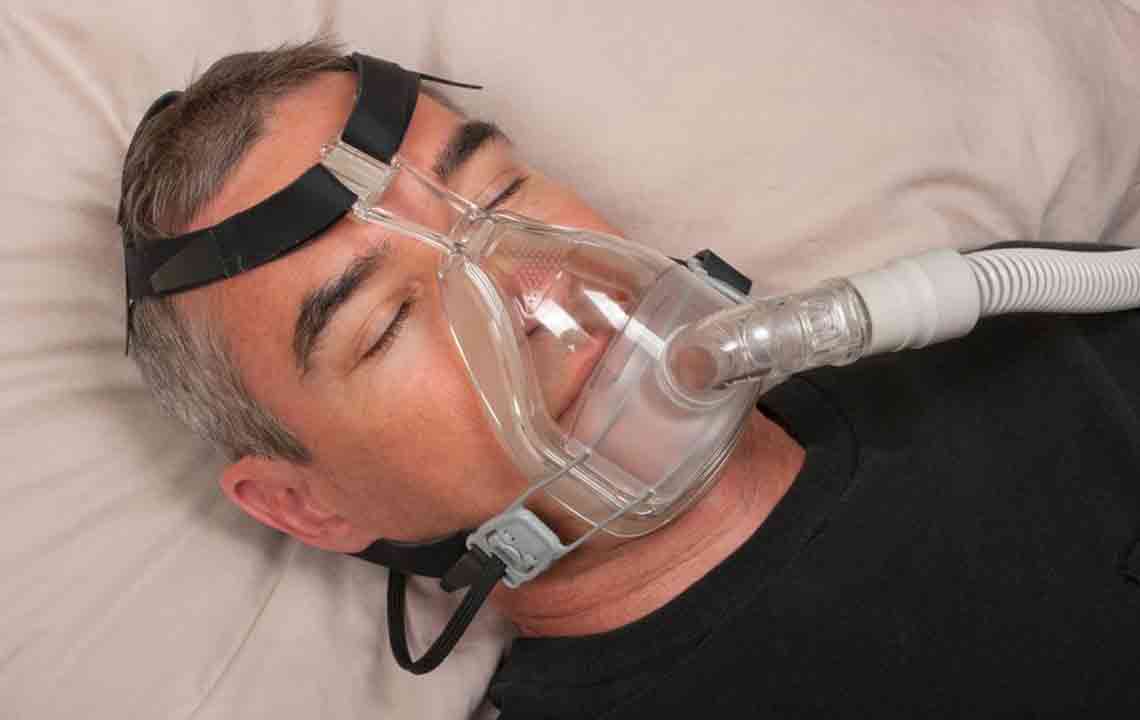Understanding Sleep Apnea Solutions and Equipment
This article provides an overview of sleep apnea management techniques and devices, including lifestyle tips, oral appliances, CPAP machines, and surgical options. It emphasizes the importance of professional consultation for effective treatment and highlights the high demand for quality sleep apnea equipment like CPAP devices from trusted suppliers such as ResMed.
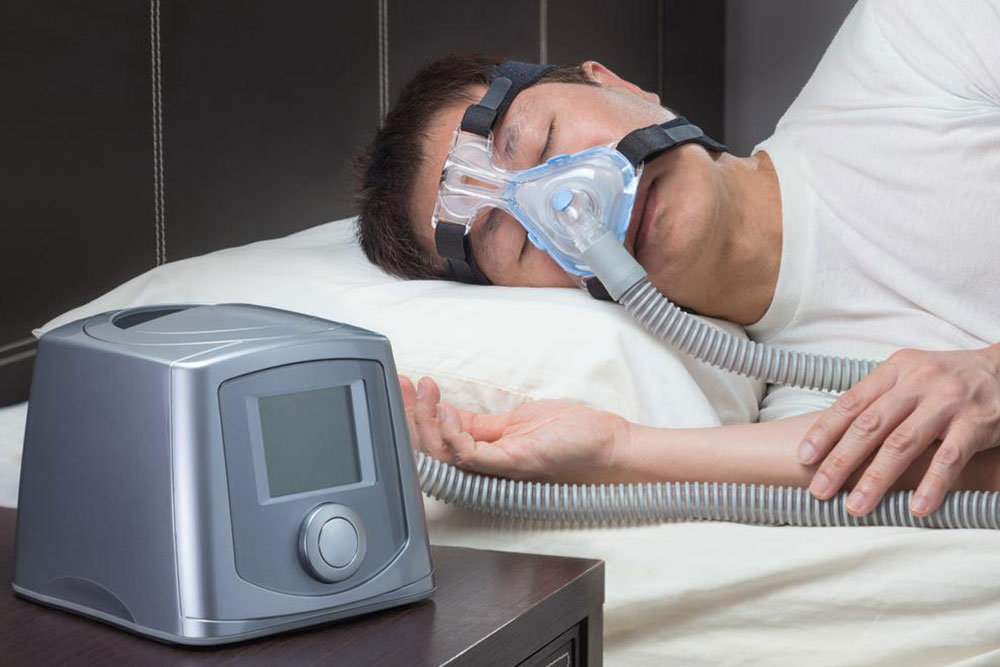
Understanding Sleep Apnea Solutions and Equipment
Sleep apnea is a condition where breathing temporarily or consistently stops during sleep, posing health risks. It varies in severity and often requires specialized devices for management. Treatment options include lifestyle modifications and the use of medical devices that facilitate easier breathing.
Managing Sleep Apnea
Following diagnosis, doctors typically recommend lifestyle adjustments such as weight loss and sleeping on your side to improve air flow. Avoiding alcohol and sedatives before bed can also be beneficial.
Your healthcare provider might suggest medical devices if lifestyle changes aren't enough. These include oral appliances designed to keep airways open and continuous positive airway pressure (CPAP) machines that assist with breathing during sleep. Surgery is an option if anatomical issues like enlarged tonsils or a large uvula are obstructing airflow.
High Demand for CPAP Devices
CPAP machines are widely used for sleep apnea treatment, known for durability and minimal upkeep. They offer high performance with comfort-focused features such as auto-adjusting pressure, humidifiers, and customizable tubing. For quality assurance, seek reputable suppliers like ResMed.
Various sleep apnea products, including masks, devices, and accessories, are available to enhance sleep quality and manage symptoms effectively.
Important Notice:
Information on symptoms, treatments, and health conditions provided here is for educational purposes only. It should not replace professional medical advice. Always consult qualified healthcare providers for diagnosis and treatment decisions.

